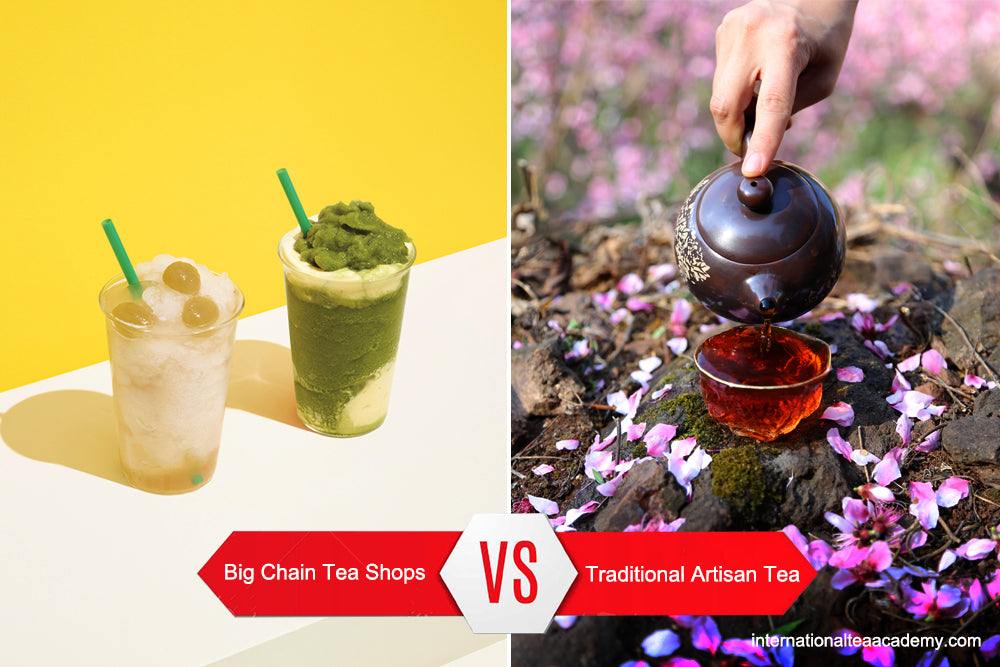
Here is some new information I would like to share with you on the Chinese tea industry’s opinion of the purchase of one well-known national brand in the US by a larger, international one:
After the purchase, many Chinese tea companies started to worry when the brand that was purchased would enter the Chinese market. Since that time, two phenomena have shown up in the Chinese tea market: for one, some investors started showing up in tea markets to invest in tea, teahouses, and other related things. Another is that some tea companies started to think about what they are going to do as the next step in their businesses. This is a statement found in an article by one big Chinese tea company’s marketing manager:
“According to basic information, we can be sure the market plan of [the purchased company] is ‘Coffee bar management model + (modern tea element x personalized service).’ Even though the company isn’t yet fully operational, we can very clearly see the shadow of its future in the characteristics and behavior of its purchaser. Some people have shared photos of when they had cup of white peony [tea] at the purchaser: it’s nothing special, no flavor, no sweet taste, but it is sold for RMB20 (about USD$3). I replied to them, “Sometimes, you can find some good quality teas that are good all around, but no one would pay even RMB20.” So, we’re not saying whether China’s teahouses are good or not compared to this big chain tea shops and cafes. We are talking about the impressions of customers. The big chain shops give me a simple, direct feeling. China’s teahouses give me a magical feeling. They both have a good side and a bad side…but the point is, implementing standardization is an important thing to think about.”
So now, we can get an idea of how the Chinese government and companies think about the sustainable development of the tea industry or how they look at developing the market. “Large quantity,”“the standard model,”“industrial production,”“vegetative propagated tea tree growing”… those are the buzzwords that I think will guide the direction of the Chinese tea in the near future.
And I have a question for the tea drinker: Do you want to have a $3 cup of tea with no flavor, no taste, and unknown quality, but dressed up in a pretty cup like in a fashion show? Or do you want to have a $3 cup of tea you can drink at home that has a great taste and quality and that suits your tastes perfectly? Don’t answer right now. You are free to think and choose whatever you like, but remember, because you are the consumer, your decision will influence the structure of the entire tea market, as well as nature itself.
Most tea connoisseurs wouldn’t be caught dead in a big chain tea shop, so why would you?
The more popular such big label tea companies become, the more we will see an increase in mass monoculture plantations. They ultimately help me as a business because more people will be introduced to tea, and many of these customers will eventually become educated and learn what a good tea is. Then they will come to me, because I offer good tea, and a big chain tea seller usually doesn’t. I guess they are serving the masses so people can say they drink tea, as it is becoming the trendy thing to do. What I hear is how cheap it is compared to artisan teas. Of course, it is cheap when you purchase metric tons of a single tea that is mass-produced and processed on an assembly line.
Posted by Tea Instructor Shana Zhang
We have more stories and information to share on what's going on the world of the tea industry. If you would be interested in to dig in deeper, check out:
ITA Certified Online Tea Courses
ITA Certified Tea Sommelier Training
Comments will be approved before showing up.